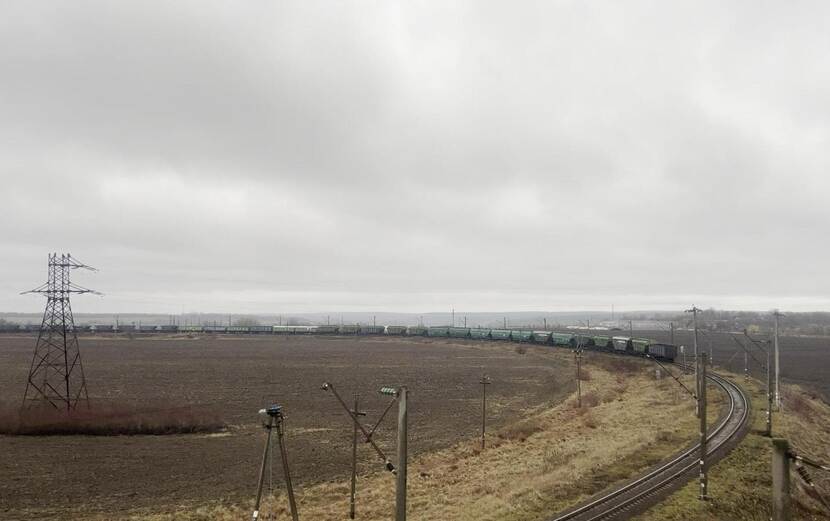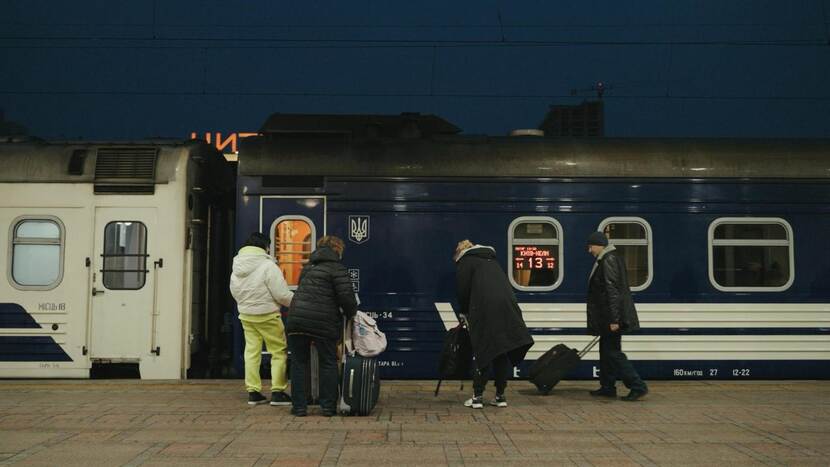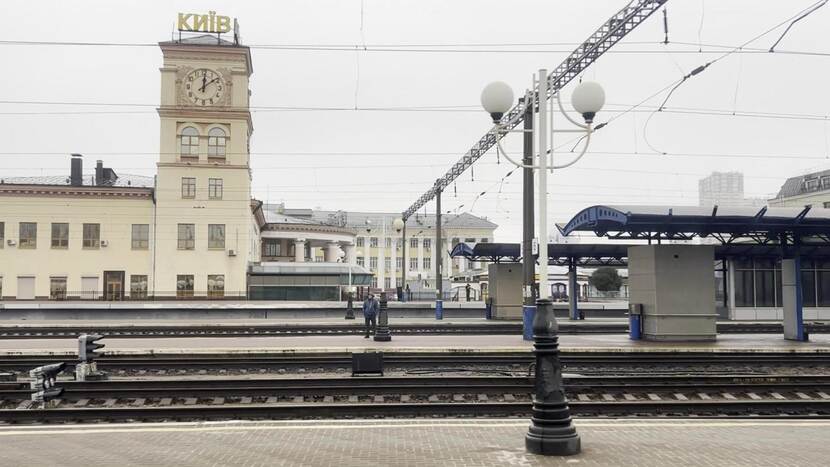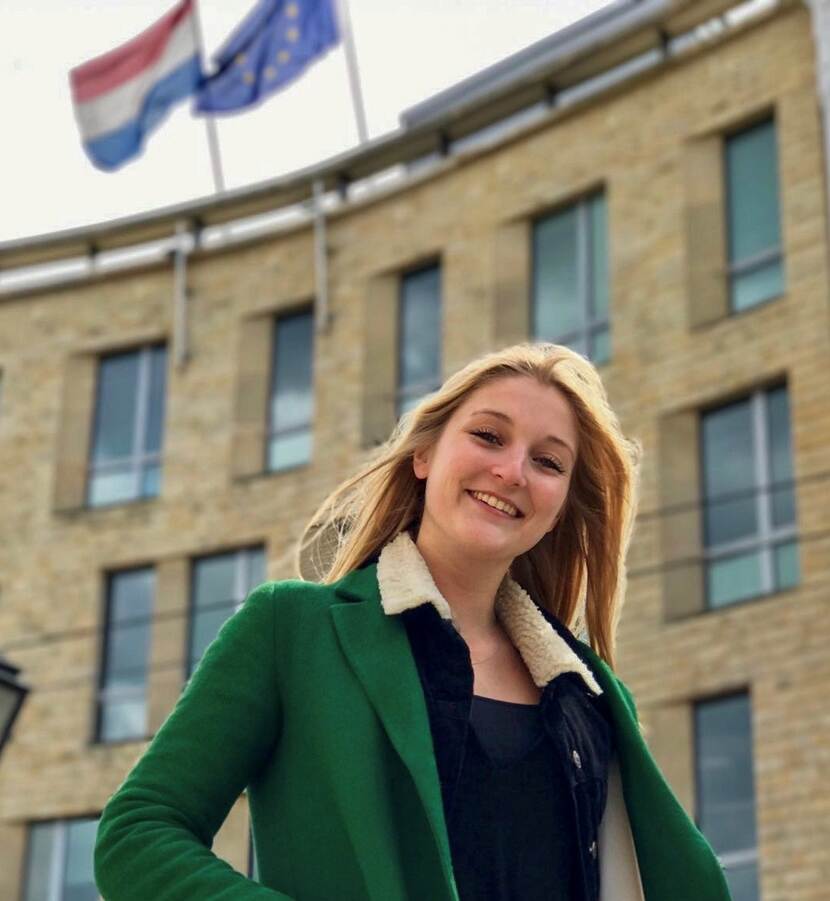World Bank 2024 Spring Meetings: coordinated support for crucial early recovery in Ukraine
Weblogs
Financial support for Ukraine is among the topics on the agenda at the World Bank’s 2024 Spring Meetings, taking place in Washington, DC from 15 to 20 April. With the help of the Netherlands and other donor countries, the World Bank directs money to where it is needed most in Ukraine. But how does that work exactly?

International financial institutions
The World Bank is an international financial institution (IFI). Unlike a traditional bank, its purpose is to provide subsidies and soft loans – long-term loans with below-market interest rates – to developing countries and those dealing with conflict, so they can develop services like education, healthcare and infrastructure. It doesn’t do this alone, but in cooperation with donor countries and other IFIs such as the International Monetary Fund (IMF).
The World Bank was founded in 1944. Having borrowed around $195 million for its own reconstruction after the Second World War, the Netherlands is now one of the World Bank’s major donors. A large portion of its contribution to the World Bank and other IFIs is intended to support critical economic recovery in Ukraine. The Netherlands has provided more than €790 million in support since the Russian invasion of Ukraine began in February 2022.
[You can find out more about the World Bank here.]
Broad support
These funds have supported various aims and organisations in addition to the World Bank and the IMF, such as the European Bank for Reconstruction and Development (EBRD), the Council of Europe Development Bank (CEB) and the European Investment Bank (EIB). In the first two years of the war in Ukraine, the Netherlands provided support through these institutions in the form of donations, loans and guarantees for food security, energy, healthcare and agricultural support, among other purposes.
Reconstruction of Ukraine’s infrastructure has also been a major focus of Dutch support, explains Vera Groeneveld, a Ukraine policy officer at the Ministry of Foreign Affairs. ‘Russia has destroyed much of Ukraine’s critical infrastructure, such as its water and energy supply chains, roads and rail networks. It’s vitally important that this infrastructure is repaired as quickly as possible in order to keep the economy running. The better Ukraine’s economy can function, the longer it can keep up its fight against Russia.’



Rail networks
To this end, the Ministry of Foreign Affairs has made €40 million available for repairs to Ukraine’s rail network. This has brought results: 46 destroyed rail bridges have been rebuilt, along with 25 kilometres of track and nearly 800 kilometres of overhead lines, thanks in part to this support. An equally important result is that specifically directed IFI support has kept the volume of passenger and goods traffic at stable levels since the war began. This has enabled Ukraine to continue its grain exports, for example.

But why does the Netherlands donate through IFIs rather than directly to organisations in Ukraine? Vera explains: ‘We make significant donations, and we want to make sure they’re used effectively. The World Bank and other IFIs carry out analyses to determine where support is most urgently needed. The have the necessary knowledge, capacity and contacts in Ukraine to ensure money is spent appropriately. This makes early reconstruction as effective as possible and ensures it takes place on as large a scale as possible.’
Energy supply chains
The Netherlands has also directed support to Ukraine’s energy supply chains, which Russia has targeted heavily throughout the war. This has enabled Ukrainians to light and heat their homes again, and factories to resume operations. But with the war continuing to rage, and the Russian army bombarding energy plants just as frequently as ever, is it still useful to spend so much on energy supply chains?
‘Absolutely,’ says Vera. ‘If we don’t invest in early reconstruction, then the Russians will get exactly what they want: a completely destroyed Ukraine. So in fact there’s only one thing we can do, and that’s to continue to help Ukraine with support and reconstruction. We want to do this as well as we can, in a way that actually makes it difficult for Russia to destroy critical infrastructure. Providing coordinated support through IFIs helps, even though we can’t completely prevent destruction.’
Would you like to know more about Dutch support for Ukraine? You can read more here.